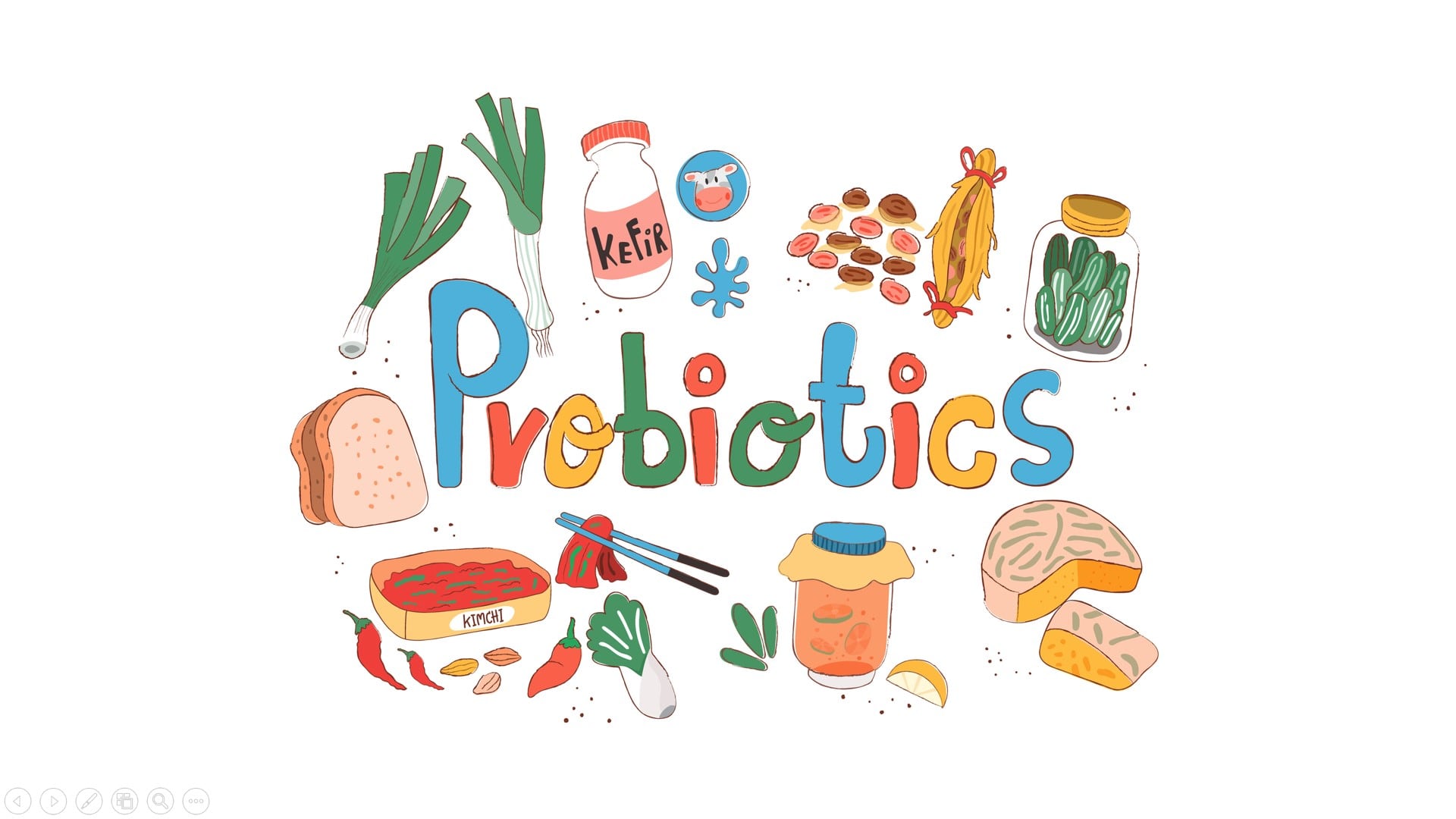Microalgae Euglena powder shows non-alcoholic fatty liver disease benefits: Japanese mouse study
The consumption of Euglena and its constituent paramylon has shown benefits for non-alchoholic fatty liver disease (NAFLD), Japanese researchers have found.
Non‐alcoholic steatohepatitis (NASH) is an extreme form of NAFLD; it may progress to cirrhosis and liver cancer without hepatitis virus infection or chronic alcohol consumption.
On the other hand, Euglena gracilis (Euglena) is a unicellular microalga which stores paramylon, a unique β‐1, 3‐glucan particle that stimulates the immune system.
Hemp's cognitive help: Elixinol's supplements finding favour amongst Japanese consumers
Hemp oil supplements are gaining higher acceptance in Japan, with manufacturer Elixinol ramping up its investment in the country on the back of more favourable advertising rules.
Hemp oil, which contains cannabidiol (CBD), is the main product Elixinol sells in Japan, along with chocolate bars containing CBD and oil essence.The hemp oil products are recommended for improving concentration and relaxation, according to Elixinol’s website. To find out the link between hemp and cognitive function, NutraIngredients-Asia spoke to Paul Benhaim, the founder and CEO of the Australian-headquartered Elixinol.
"It works on the CBD system which is throughout our bodies and in our brains. Since our brains have CBD receptors, this suggests that we used to consume hemp plant in the wild," Benhaim said.
Composition a vital factor in matcha's stress-reducing effect: Japanese animal study and clinical trial
Matcha consumption can aid in stress reduction in humans, but this effect may differ depending on the composition of the matcha consumed, according to a study by Japanese researchers.
In particular, theanine, a major amino acid found in green tea, was the element that exhibited a stress-reducing effect in both mice and humans.
Matcha, a theanine-rich powdered green tea, is therefore said to have stress-reducing properties. However, it also has a high caffeine content, which has a strong antagonistic effect against theanine.
Data supports increased role for probiotics, prebiotics in healthy aging, study finds
Gut dysbiosis is a common feature of the afflictions that come with aging, according a recent Japanese review. The finding opens wider the door for probiotics and prebiotics in a healthy aging positioning.
Dealing with the implications of aging populations is a worldwide issue. China, Japan, the United States and many European countries are facing demographic bulges that will see an increasing share of gross domestic product going to care for these populations.
The issue is especially acute in Japan, where a recent census found that almost 27% of Japanese are now 65 or older. Many of these elderly Japanese live alone, and the number of younger workers available to support them is shrinking.



